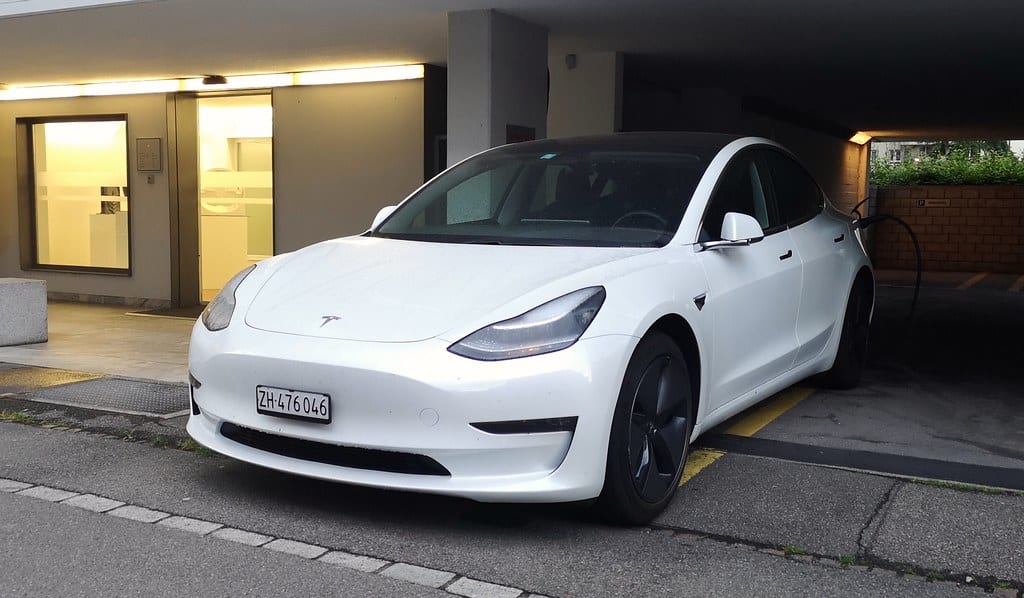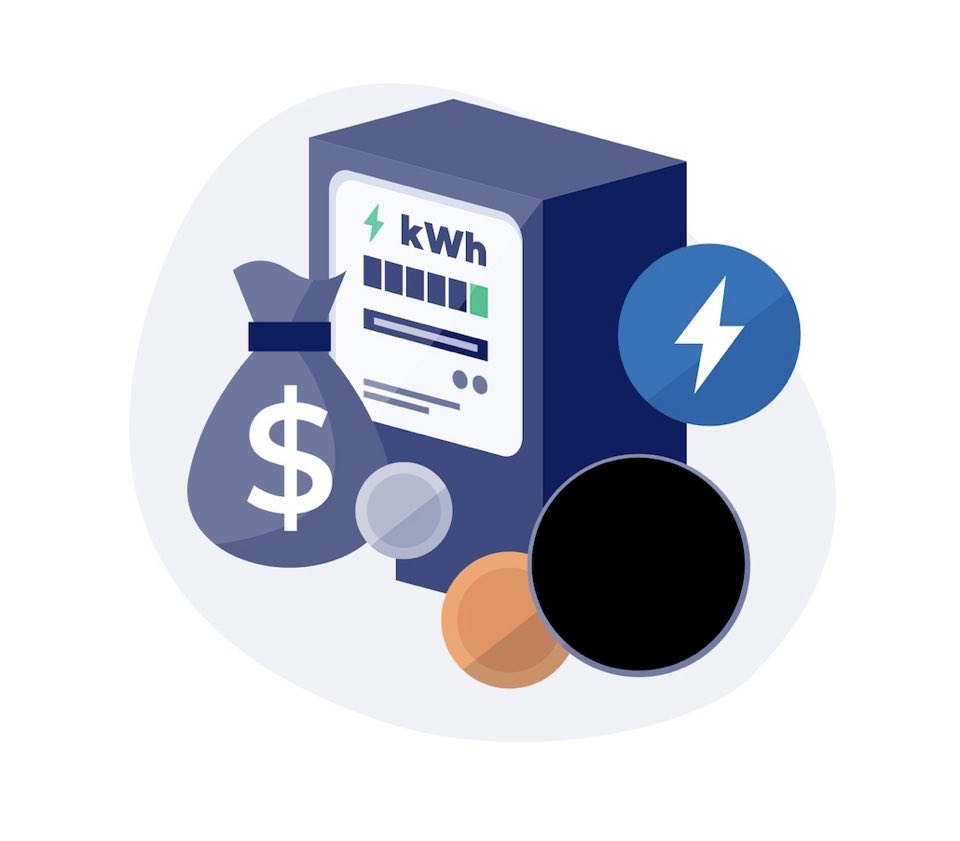The Inflation Reduction Act of 2022 (IRA) [1] introduced significant changes to the federal tax credits for purchasing new and used electric vehicles (EVs). These credits aim to reduce emissions, lower dependence on foreign oil, and promote domestic EV production and supply chains. Here are the key details you need to know:
New Clean Vehicle Tax Credit
Who Qualifies:
- You must purchase the new EV for personal use, not for resale (Internal Revenue Service (IRS) [2])
- The vehicle must be primarily used within the United States (IRS [2])
- Your modified adjusted gross income (AGI) cannot exceed:
- $300,000 for married filing jointly or surviving spouse
- $225,000 for head of household filers
- $150,000 for all other filing statuses (IRS [2])
Vehicle Requirements:
- Have a battery capacity of at least 7 kilowatt hours (IRS [2])
- Gross vehicle weight rating under 14,000 pounds (IRS [2])
- Undergo final assembly in North America (IRS [2])
- Meet both critical mineral and battery component requirements (40-80% and 50-100% respectively through 2032) (IRS [2])
- Manufacturer’s Suggested Retail Price (MSRP) cap:
- $80,000 for vans, SUVs, and pickup trucks
- $55,000 for other vehicles (IRS [2])
Credit Amount:
- Up to $7,500 maximum if meeting all requirements (IRS [2])
- $3,750 if meeting only the critical mineral or battery component requirement (IRS [2])
- For vehicles placed in service before April 18, 2023:
- $2,500 base amount
- Plus $417 for 7+ kWh battery
- Plus $417 for each kWh over 5 kWh (minimum $3,751) (IRS [2])
Claiming the Credit:
- File IRS Form 8936 when filing your tax return for the year the vehicle was placed in service (IRS [2])
- Starting January 1, 2024, you can elect to transfer all or part of the credit to the dealer at purchase to directly lower the vehicle price (IRS [2])
Used Clean Vehicle Tax Credit
Who Qualifies:
- Only available to individual tax filers, not businesses (IRS [2])
- Your modified AGI must be under:
- $150,000 for married filing jointly
- $112,500 for head of household
- $75,000 for all other filers (IRS [2])
Vehicle Requirements:
- Purchase price cannot exceed $25,000 (IRS [2])
- Vehicle must be at least 2 years old at time of purchase (IRS [2])
- Purchased from a dealer, not a private party sale (IRS [2])
- Cannot claim the used EV credit more than once every 3 years (IRS [2])
- Credit Amount:
- Equal to 30% of the vehicle’s purchase price (IRS [2])
- Maximum credit is $4,000 (IRS [2])
Claiming the Credit:
- File IRS Form 8936 when filing your tax return for the year of purchase (IRS [2])
Transferring the Credits in 2024 and Beyond
A key change starting in 2024 is the ability to transfer your new or used EV tax credit to an eligible dealer (IRS [2]):
- You can elect to transfer all or a portion of the credit amount (IRS [2])
- Dealer must be registered with the IRS Clean Vehicle program (IRS [2])
- You receive the credit amount as a discount on the vehicle purchase price (IRS [2])
- Dealer claims the transferred credit on their tax return (IRS [2])
- Reduces upfront costs rather than waiting to claim the credit when filing taxes (IRS [2])
The updated rules aim to promote domestic EV battery production and supply chains for critical minerals required in future years (IRA [1]). Meeting all requirements, especially the escalating battery and mineral sourcing thresholds through 2032, will be crucial for vehicles to qualify for the full $7,500 new EV credit amount (IRS [2]). The transferability provision starting in 2024 provides consumers an easy way to directly benefit from the credits at the time of purchase (IRS [2]).

Looking to buy a used electric vehicle? Here is everything you need to know about buying a used vs new electric vehicle.
Other Electric Vehicle Incentives
Please find below the revised version of the text you provided earlier:
There are various incentives available at the state and private level, in addition to federal tax credits, for electric vehicles and EV chargers. It is important to keep in mind that these offers may change over time. Therefore, when you are ready to purchase an electric vehicle or an EV charger, it is recommended that you check our incentives pages organized by what state you live in, to get the latest offers. Additionally, the electric vehicle manufacturer may also have some additional offers available. So, it would be a good idea to check their websites as well.
References:
[1] Inflation Reduction Act of 2022
[2] Internal Revenue Service (IRS)
